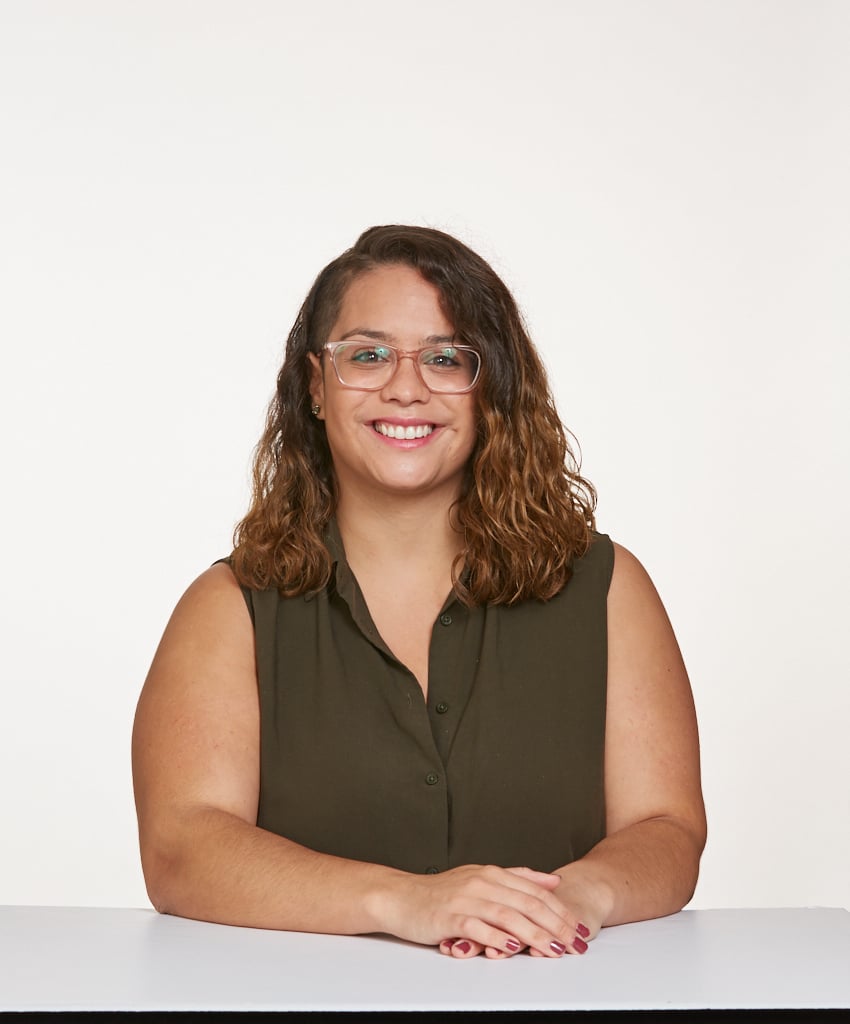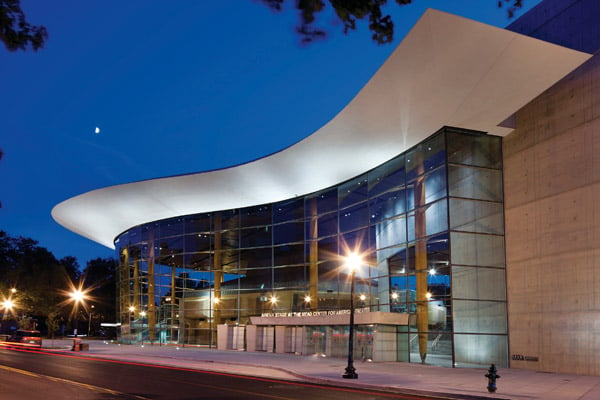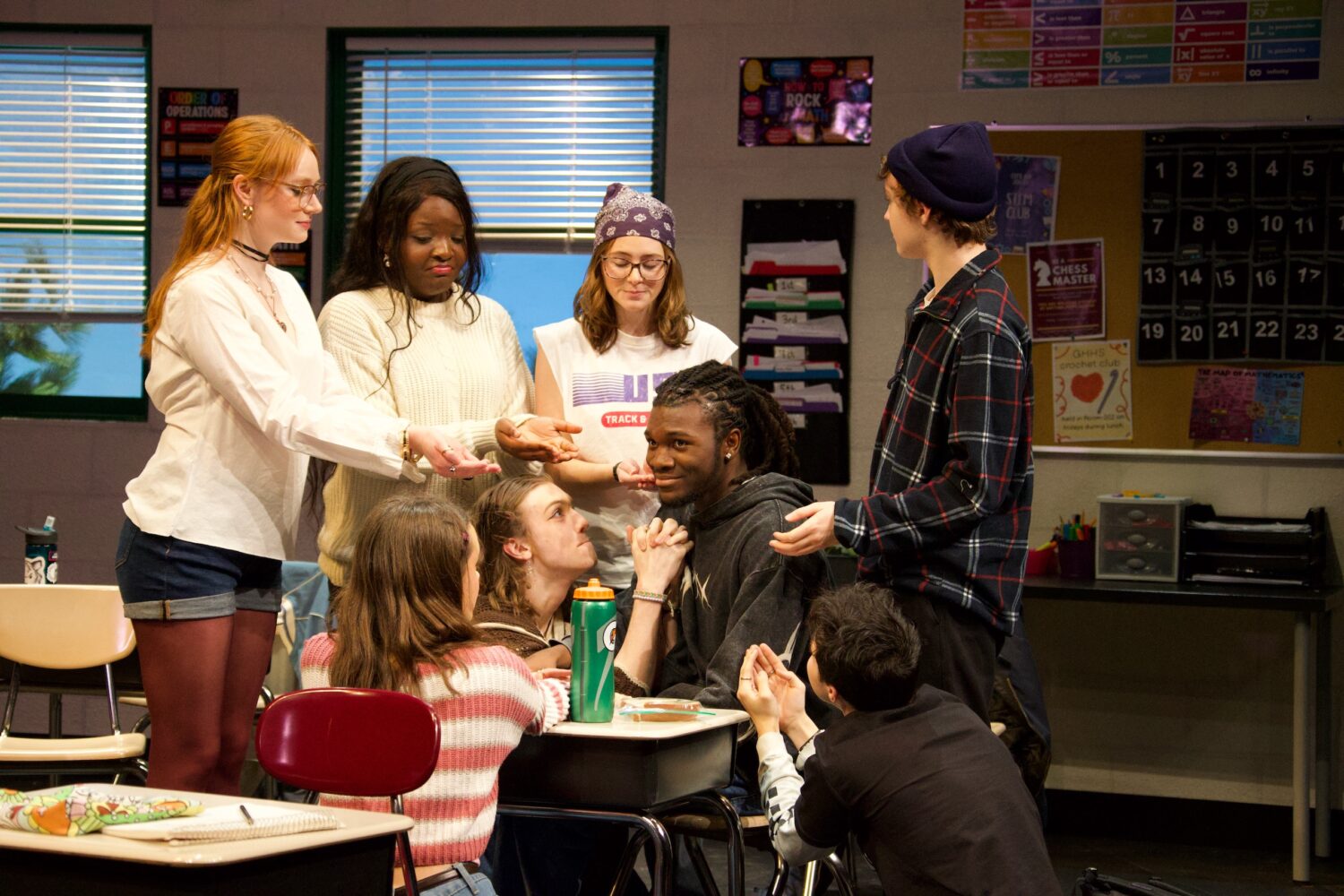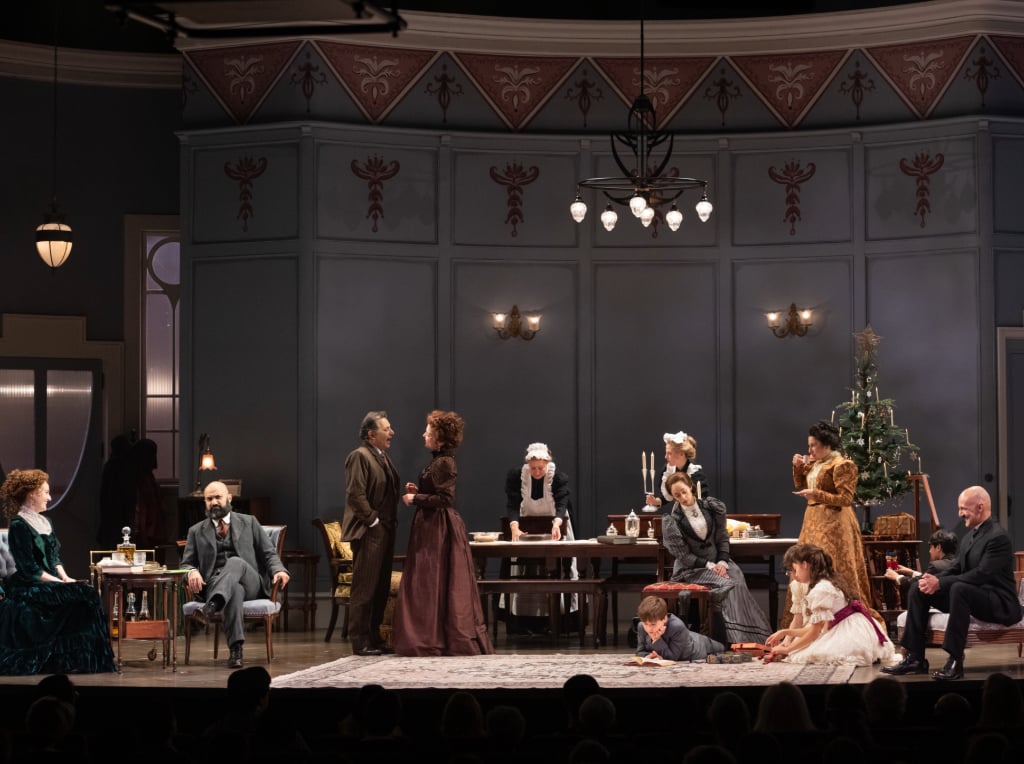Featuring more than two dozen plays by female writers, the Women’s Voices Theater Festival comes to 26 local venues this month. The remarkably broad range of productions includes plays about police brutality, immigrant experiences, and the Founding Fathers, among others. We spoke to three participants—Mary Kathryn Nagle, whose Sovereignty is at Arena Stage January 12 through February 18 ($40 to $111); Caleen Sinnette Jennings, whose Queens Girl in Africa is at Mosaic Theater Company January 4 through February 4 ($20 to $65); and Annalisa Dias, whose 4,380 Nights is at Signature Theatre January 16 through February 18 ($40 to $103).
Why does Washington need a female-specific festival like this?
Jennings: There’s a tendency for people to think of women playwrights as little and domestic. These show the issues that women are tackling and experiencing as artists—the scope is so fascinating and broad. Theater is so important in DC. It might not be our illustrious President attending, but senators and Congress members do attend, and we get to tell stories they might not have heard.
If you could get the President to go to a play, which would it be?
Nagle: Mine! [Laughs.] I think if he’s going to put a portrait of Andrew Jackson in his office, he should come see a play where Andrew Jackson is a real character, written by a Native person who survived Jackson’s attempt to eliminate tribal nations.
Dias: I’d want him to watch anything by a living woman of color. There’s a Mexican theater company called Teatro Línea de Sombra, and their production Amarillo tells the story of a man who departs for the US/Mexican border and vanishes before reaching his destination. It’s stunning and beautiful.
Given all the recent revelations about sexual harassment and assault, what have your experiences been in the theater world? Are there similar issues?
Dias: I don’t think of myself as a woman in theater—I think of myself as a person of color in theater. I haven’t had any direct experiences of oppression of gender in the industry, but I have experienced racism.
Jennings: Similar to what Annalisa said, I’m a woman of color, and I ran into that barrier first. One of the reasons I became a playwright was that as an actor, it was very difficult to walk into situations where the script was terrible, the role was terrible, very stereotypical. I didn’t feel those roles represented African-Americans in a light that I wanted to show them.
Your plays deal with very serious subject matter—a Native lawyer fighting to restore Cherokee Nation land, an Algerian detainee in Guantánamo Bay, and a young African-American woman’s journey in post-colonial Nigeria. Do you ever just want to go see something more lighthearted? What are your theatrical guilty pleasures?
Jennings: Shear Madness [at the Kennedy Center]. It feels like I’m a kid again. I can shed all my intellectual background and just have fun.
Nagle: I like Don’t Feed the Indians [by Murielle Borst-Tarrant]. It made fun of every stereotype.
Dias: I’m confessing that I have been known to sing Les Miz on hikes in the woods.
What’s one of line from your play that could convince readers to see it?
Nagle: “You were born with sovereignty in your blood.”
Dias: “A cry for those who have gone before…for those yet to come.”
Jennings: “But we humans survive and you’re smart, strong, and ready for the world.”
This interview was edited and condensed for clarity.
A version of this article appears in the January 2018 issue of Washingtonian.

















